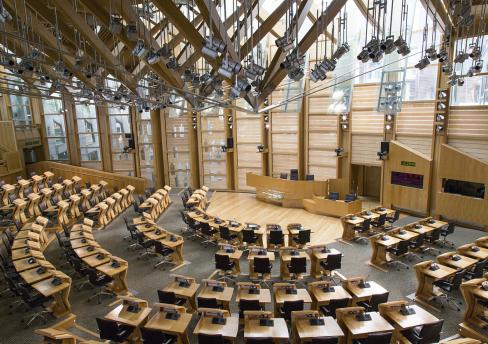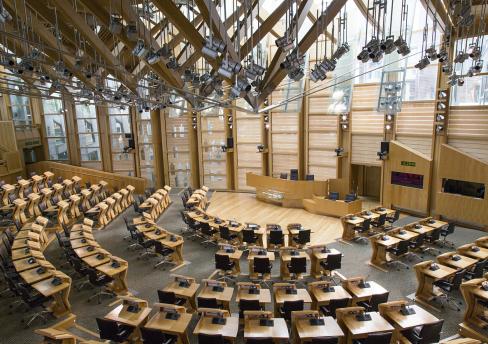
Let me begin by declaring an interest. I am a Scot who spent a large chunk of my childhood in South Africa. I continued my connection with the Southern Hemisphere by marrying a Kiwi. My children have dual British and New Zealand citizenship. So when it comes to the Rugby World Cup, let's just say that we sing a lot of national anthems in my house.
Like the rest of the world, I watched spellbound in 1995 when Nelson Mandela, in that iconic No 6 jersey, handed the Rugby World Cup to Francois Pienaar. Back then, the only black player in the starting XV was the talismanic Chester Williams (who sadly died, much too young, earlier this year). Fast forward to the 2007 Rugby World Cup, and the Springboks had just two black starters. In 12 years, the pace of change was frustratingly slow - progress was more akin to a prop than a fly-half.
And this weekend, after a further 12 years have elapsed, the world once again saw images just as magical and just as powerful as in 1995: Siya Kolisi, the first black captain in the Springboks' history, held aloft the Webb Ellis Cup in Yokohama Stadium. This time, following on from the imposition of racial quotas, the number of black players in the Springbok team was six. Many people - Kolisi included - have criticised the quotas, saying they go against the central tenet of professional sport, that an athlete must be chosen on merit alone. However, one could argue that in a country like South Africa, sport has never been about merit.
Let's go back, briefly, to 1995. I remember taking a break from exam revision at law school to watch the rugby. 24 years later (24 years!), my student days are far behind me. A few days' ago, I attended an event about a proposed pilot scheme for a new route to the legal profession in Scotland - graduate apprenticeships. The aim is not to grow the number of people studying towards becoming a lawyer, but to act as a springboard for greater diversity in the legal profession.
One cannot, of course, attribute the Springboks' magnificent victory to unity and inclusion. But we can ponder what difference it made to the culture of the team to have players who are respectful of differing cultures and races. As coach Rassie Erasmus said after the match, "Our big challenge now is to use this for the next eight or nine years to make sure that South Africa rugby is strong again and unify on many different levels. I’m going to make it my mission to make sure we use it as a springboard to use it in a very positive way." By the time the next Rugby World Cup comes around in 2023, it will be interesting to see what effect that springboard has had, not just in rugby, but in all walks of life.
The content of this webpage is for information only and is not intended to be construed as legal advice and should not be treated as a substitute for specific advice. Morton Fraser LLP accepts no responsibility for the content of any third party website to which this webpage refers. Morton Fraser LLP is authorised and regulated by the Financial Conduct Authority.









